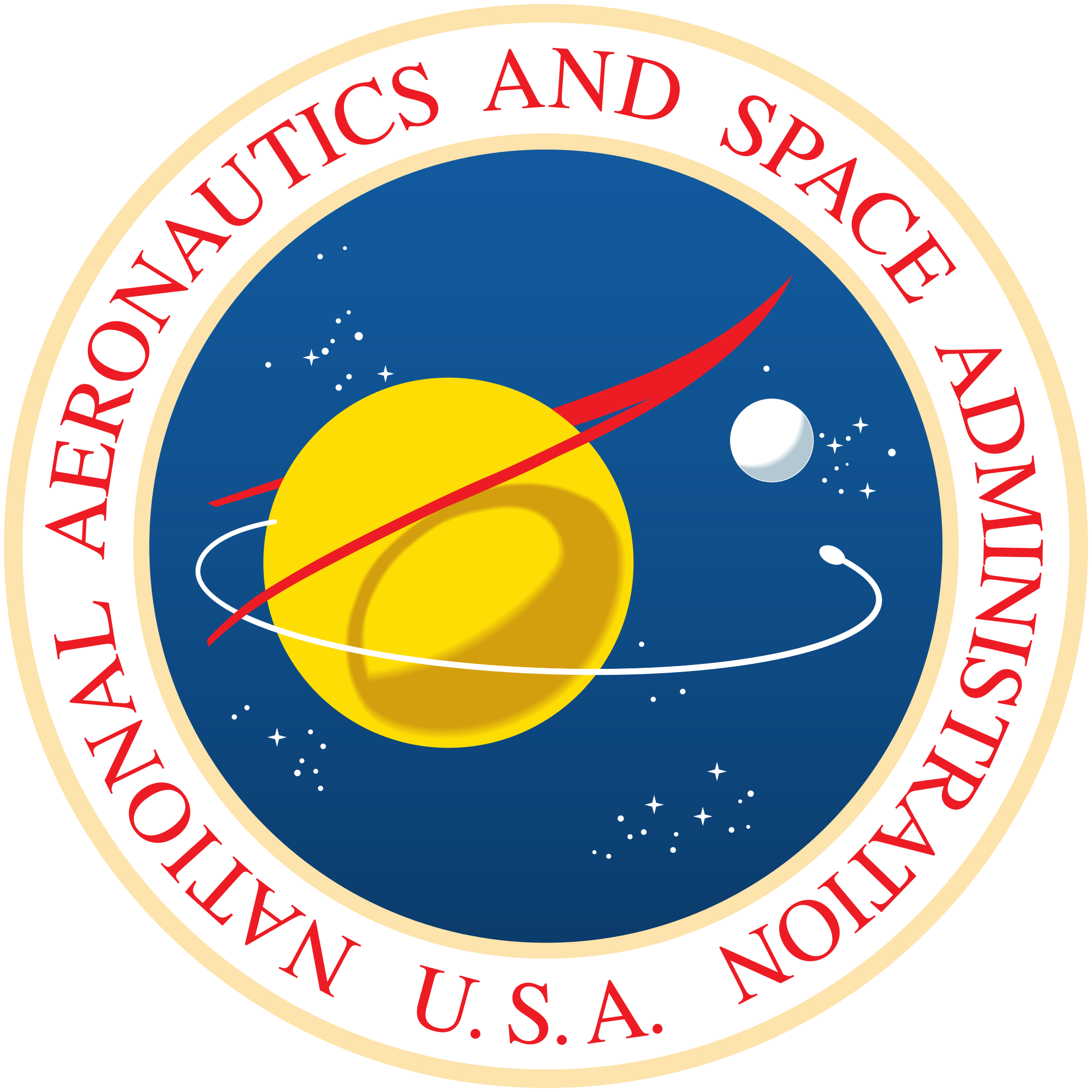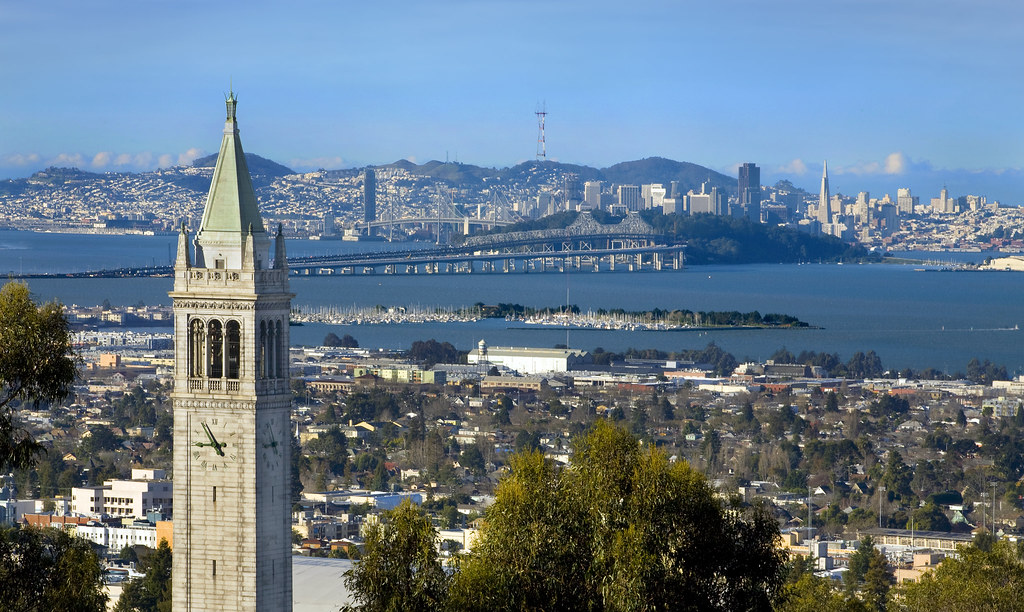Special Topics (CEE 498) courses galore in spring quarter! Here are your choices:
CEE 498B: Microbiology of Earth and Human Systems (SLN 11912) Professor Seana Davidson.
The course takes a systems-level approach to developing understanding of microbial processes that influence natural systems and systems altered by human activity and infrastructure. The content mission is to broaden student awareness and understanding of microbial processes central to the functioning of human and environmental systems. Students will learn about nitrogen and carbon cycling, applications of microbiology to engineered systems, and the importance of microbial communities to plant, animal and human health, among other topics. Recommended Prerequisites: CEE 540, or MICROM 301/410 and/or Biol 200; basic organic and inorganic chemistry **MAY BE TAKEN AS A “W” COURSE**
CEE 498E: Traffic Simulation (SLN 11914) Instructor: Tony Woody
This course provides an in-depth discussion of microscopic traffic simulation models, their attributes, strengths, and weaknesses. It is designed to provide engineering and planning students the necessary background to understand how to develop and operate simulation models, as well as how to evaluate and present results from simulation models. Microscopic traffic simulation theory and hands-on course projects will be presented in this course. The VISSIM traffic microsimulation software package will be used for this course. Prerequisite: CEE 327; MS Excel and CEE 410 recommended.
CEE 498H: Geohazards (SLN 11917) Professor Joe Wartman
This advanced, upper-level undergraduate/graduate course will provide students with the background and applied training needed to perform a geologic hazard (or “geohazard”) risk assessment. The class will be structured in a problem-based learning format, with a focus on a detailed risk assessment and mitigation case study for the La Conchita Community located near Ventura, California. This community has been subjected to a number of landslides over the past decades resulting in both human and capital losses. Although this case study pertains to landslides, the hazard and risk assessment techniques we will employ are appropriate for the assessment of a wide range of natural hazards including earthquakes, ground subsidence, volcanism, and floods, among others.
The main topics of the course will include (i) an introduction to geologic hazards, (ii) development of an engineering geologic/geotechnical site model, (iii) landslide hazard modeling [including analytical modeling and also probabilistic assessment of seismic and precipitation triggers], (iv) evaluation of risk mitigation strategies, and (v) vulnerability and consequence assessment. In addition to these technical topics, we will also discuss some of the broader societal aspects of geologic hazards. Prerequisite: CEE 367
CEE 498I: **NOTE: This class will soon be listed as CEE 482 Wastewater Treatment, Reuse, and Resource Recovery** (SLN 11918) Professor Mari Winkler For course description, see CEE 482. Resource Recovery will be included in this Wastewater Treatment and Reuse course.
CEE 498J: Environmental Analysis (SLN 11919) Professor Ed Kolodziej
A unifying concept in environmental engineering is the use of experimental data and metrics to define the scope of, and solutions to, water, air, and soil pollution problems. This course will develop your understanding of fundamental physical, chemical, and biological principles used in environmental engineering while applying your knowledge to experimental design, data collection, and analysis. For example, to solve any problem in environmental engineering, we must first find the answers to these questions: How do we know there is a problem? How do we measure the magnitude of the problem? What do we need to do to fix the problem? How do we know when the problem is solved? Solutions to these questions can be found by identification, measurement, and monitoring of the proper water, soil, or air quality parameter. This advanced, upper-level undergraduate/graduate course introduces you to the above concepts through a series of laboratory experiments typical of those commonly encountered in environmental engineering practice.
This course will provide students with experience in water quality assessment, data analysis, and data presentation. The class will be structured around an exploration of chemical metrics of water quality in the laboratory, focusing on high priority issues in environmental engineering, including both environmental characterization and pollutant mitigation efforts. The water quality parameters selected for analysis are most appropriate to the practice of environmental engineering; however, the concepts utilized in this analysis are applicable to the collection and presentation of a wide variety of experimental data. Working in small teams, students will collect data, conduct a range of data analyses to explore the physical, chemical, and biological mechanisms that explain the data, and then communicate their analysis in a technical report format. Meeting these deliverables requires the application of experimental design, independent investigation of relevant mechanisms and processes, and clear, coherent communication of the data and related implications for environmental health. Recommended prerequisites include the full range of introductory courses in environmental engineering and environmental chemistry. Prerequisite: CEE 357; and recommended: CEE 462, 482/483, 489, or 496.


 Center hosts the institute for undergraduate and graduate women to provide them with skills and training to be leaders in their communities to improve women’s representation in leadership positions in the non-profit, private and political sectors. Any undergraduate or graduate student enrolled in a 2-year or 4-year program in Washington is eligible. Out-of-state students with Washington residency are also eligible to apply.
Center hosts the institute for undergraduate and graduate women to provide them with skills and training to be leaders in their communities to improve women’s representation in leadership positions in the non-profit, private and political sectors. Any undergraduate or graduate student enrolled in a 2-year or 4-year program in Washington is eligible. Out-of-state students with Washington residency are also eligible to apply.

 internship opportunities. There are currently four internships listed on HuskyJobs, and additional opportunities (including international positions) can be found
internship opportunities. There are currently four internships listed on HuskyJobs, and additional opportunities (including international positions) can be found  With Disc*, students will be led by UC Berkeley faculty, Bay Area urbanists, designers, makers, and entrepreneurs to learn how to control the most pressing challenges of global urbanization with design-based studios.Through design and digital fabrication studio sessions, lectures and talks, demos and workshops, field work and site visits, students have the opportunity to develop and test their own creative ideas while working with some of the most renowned researchers and practitioners from the Bay Area design community.
With Disc*, students will be led by UC Berkeley faculty, Bay Area urbanists, designers, makers, and entrepreneurs to learn how to control the most pressing challenges of global urbanization with design-based studios.Through design and digital fabrication studio sessions, lectures and talks, demos and workshops, field work and site visits, students have the opportunity to develop and test their own creative ideas while working with some of the most renowned researchers and practitioners from the Bay Area design community.